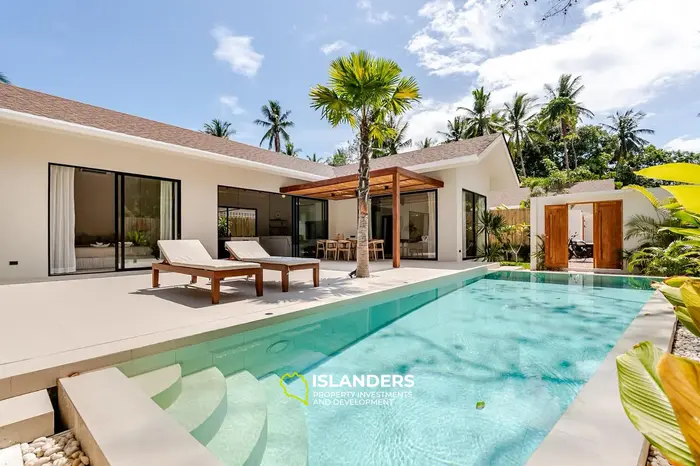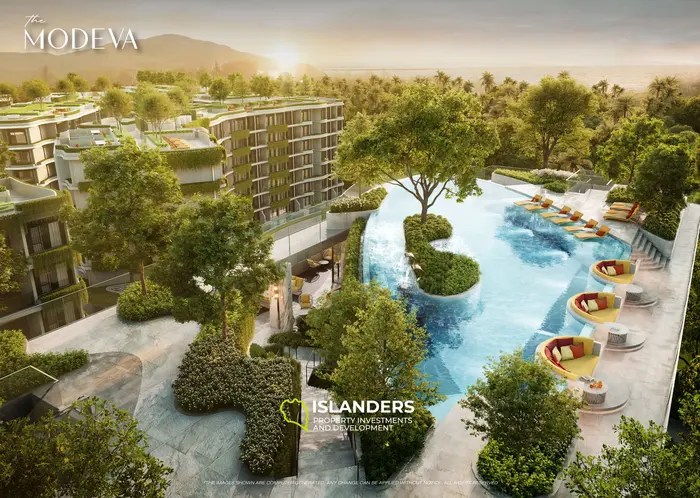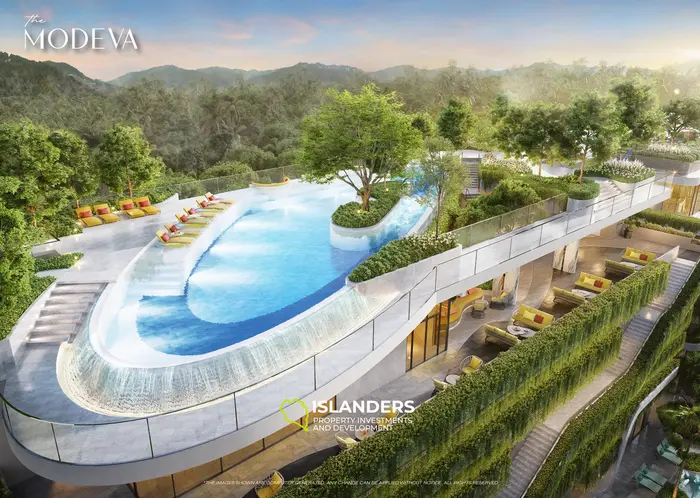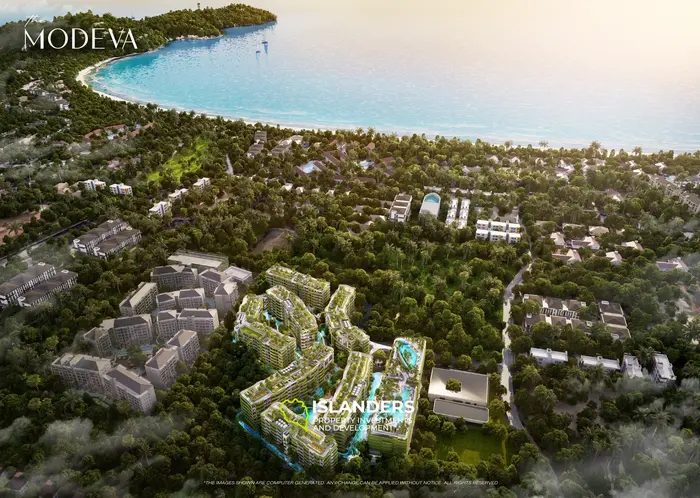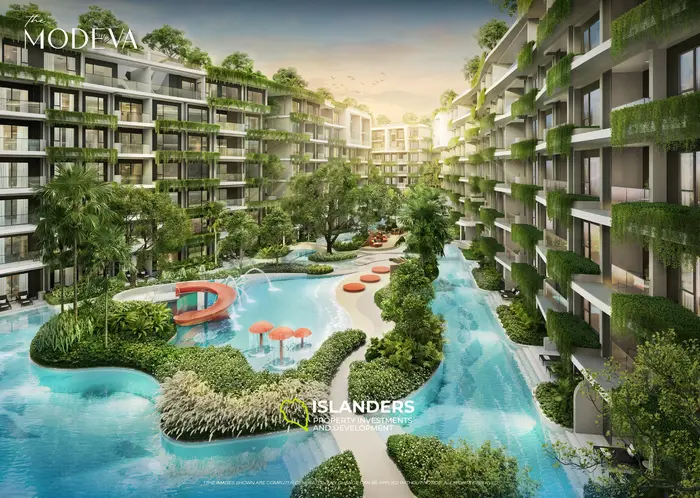This post is just for good vibes... In recent years, more and more people have started viewing the purchase of real estate on tropical islands purely as an investment. They carefully analyze the numbers: rental yield, ROI, payback period, occupancy rates, taxes, and operating costs. It’s a rational and mature approach, especially in a time of global uncertainty and inflation.
And rightly so — the market is becoming more professional and transparent. There are more analytical tools and data-driven platforms that help investors make informed decisions. Property management services are also evolving, with many reliable property management companies now offering turnkey solutions for absentee owners.
But what gets lost behind all the numbers?
Often, property buyers don’t even plan to live in their tropical home. In many cases, they spend just a couple of weeks per year there. The home becomes little more than a spreadsheet entry — a row in Excel with expected revenue, costs, and returns. But in chasing the numbers, many forget the original dream: to wake up to ocean views, walk barefoot under palm trees, eat fresh fruit from your garden, and live freely.
There’s another approach — buying for yourself
More people are now beginning to look beyond numbers and focus on lifestyle quality. They’re buying homes not just to generate income, but to serve as a second home, a personal tropical sanctuary. A place to retreat, recharge, and live at a different rhythm — even if only for part of the year.
It’s not about rejecting financial logic. It’s about adding another layer to the decision. A villa perched on a tropical hillside with panoramic sunsets, sea breezes, and serenity is not just a dream — it can become your reality. And in doing so, you’re also investing — in health, well-being, inspiration, and peace of mind.
What does a personal tropical home give you?
- Privacy and freedom — a space fully your own, free from rental schedules or guest turnover.
- A healthier lifestyle — clean air, fresh food, swimming, walking, natural sunlight.
- Inspiration and clarity — a slower pace that supports creative and strategic thinking.
- Quality time — whether for remote work, family bonding, or digital detox.
Balance is possible

These approaches aren’t mutually exclusive. A villa can be designed primarily for your own use, while still being rented out selectively during certain months. Or it can be a profitable rental unit that you block off for your personal stays as needed. The point is: remember why you wanted a home on the island in the first place. Not just for income — but for life, freedom, and joy.
Conclusion

Buying real estate on a tropical island isn’t only about financial returns. It’s also about upgrading your life. Sometimes, the most valuable investment isn’t the one that generates cash flow — it’s the one that restores your energy and brings you back to yourself.


